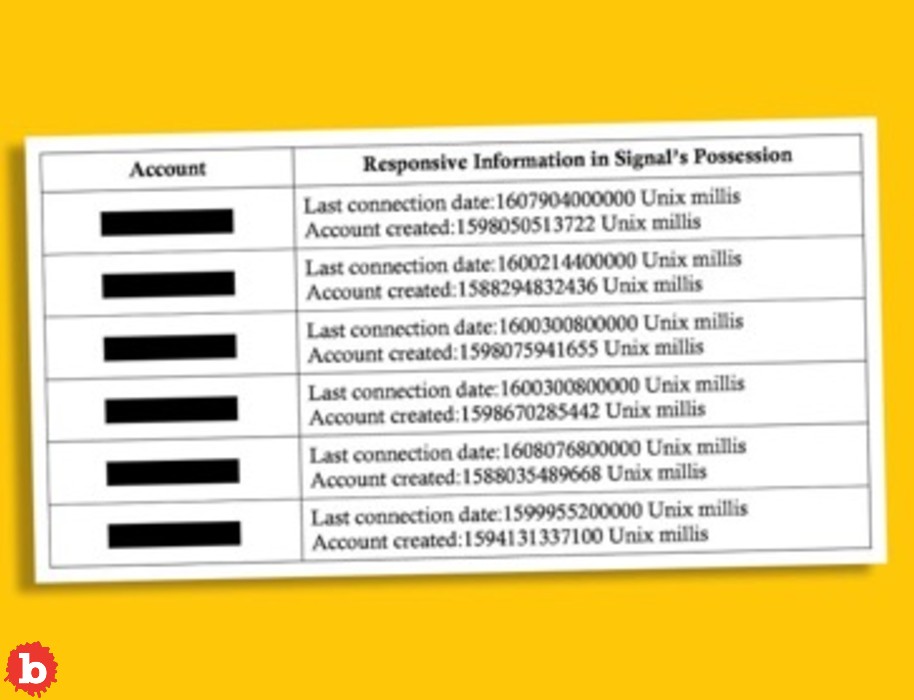SIGNAL, THE MESSAGING SERVICE, HAD AN EASY WAY TO TELL HOMELAND SECURITY TO GET LOST
So you may not have heard about the messaging service, Signal. Shoot, until a couple months ago, neither had I. But the idea that people need messaging services that are actually private won’t ever go away. Why? Because there are folks in every government from every single country that like the idea of knowing what you say, and who you say it to. If you’d prefer that not to be the case, for whatever reason, you might want to use one, too. But a lot of them are “private” only in theory, and likely not in practice. But Signal just told the US’s Homeland Security to get lost.
Read More: Who’s Shaving People’s Cats in the State of Virginia?
MOST MESSAGING SERVICES ARE ANONYMOUS IN NAME ONLY, BUT SIGNAL IS THE REAL DEAL
In a legal sense, of course. Signal uses what we call end-to-end encryption, which means it’s, well, totally encrypted. Even more, the messaging service barely stores any user data. In other words, even if someone got access to their user rolls, there wouldn’t be very much there for prying eyes to see. But how much? Well, when someone created an account, and what day that so and so last connected to the Signal service. That’s not much at all. But Homeland Security wants to know what you say, and to who. They got a subpoena on Signal to turn over a lot of info on its users.
Related: Florida Ferris Wheel Operator Attacks Black Mom, and Crowd Piles In
SIGNAL ONLY KNOWS WHEN YOU SIGNED UP, AND WHAT THE LAST DAY WAS YOU SIGNED ON, THAT’S IT
So surely this doesn’t surprise you. The American agency wanted the address of Signal users, copies of their correspondence (as in, your message history and content), and a name to attach to every account. In other words, everything. So Signal asked the ACLU to help them with their reply. Which was, in polite legal terms, to go get lost. But how could they give such a reply? Because Signal simply doesn’t have any of that information. That’s the entire point of their service. Signal doesn’t know what you write, or to whom. It doesn’t know your contacts, your groups, even your profile avatar or what stickers you use. And emoji’s? Nah, not them either.
So yes, some people should receive close looks from authorities. Criminals and terrorists come to mind pretty easily. But this idea that any and everyone is subject to no privacy, with no specific warrant for extra surveillance? That idea needs to get lost.






